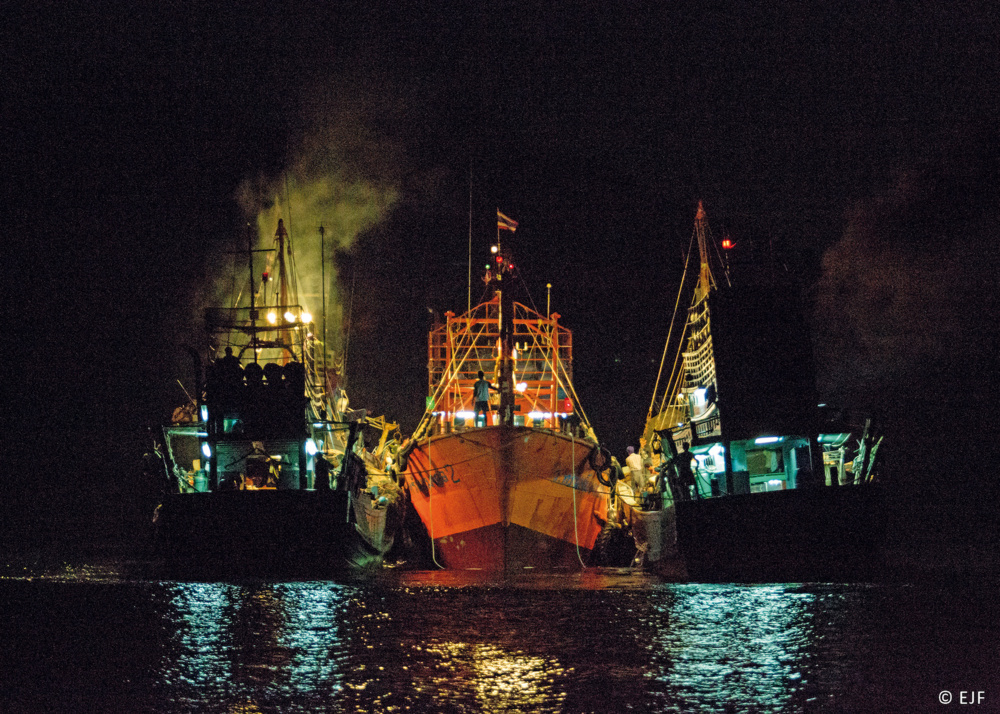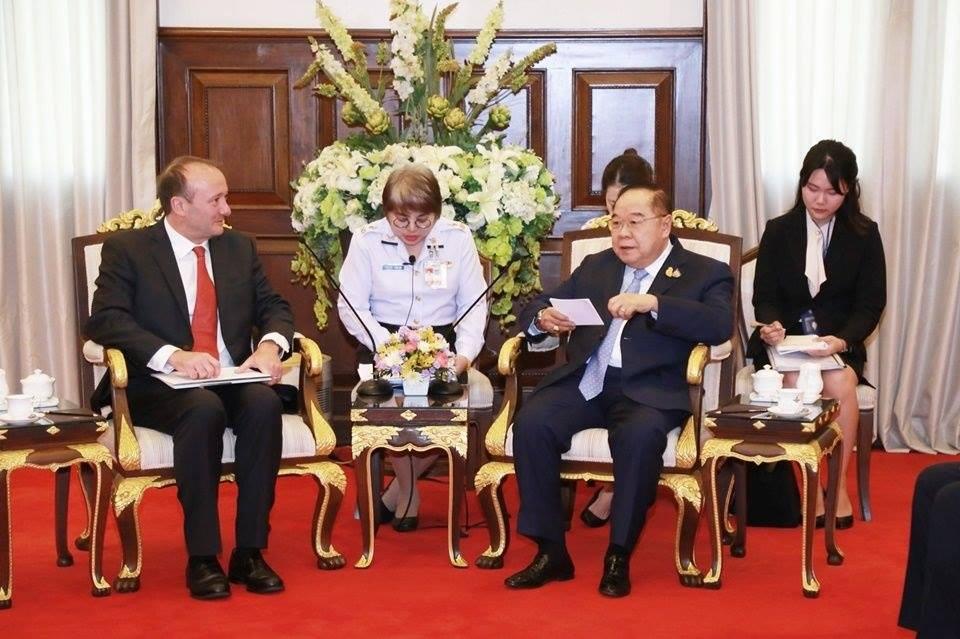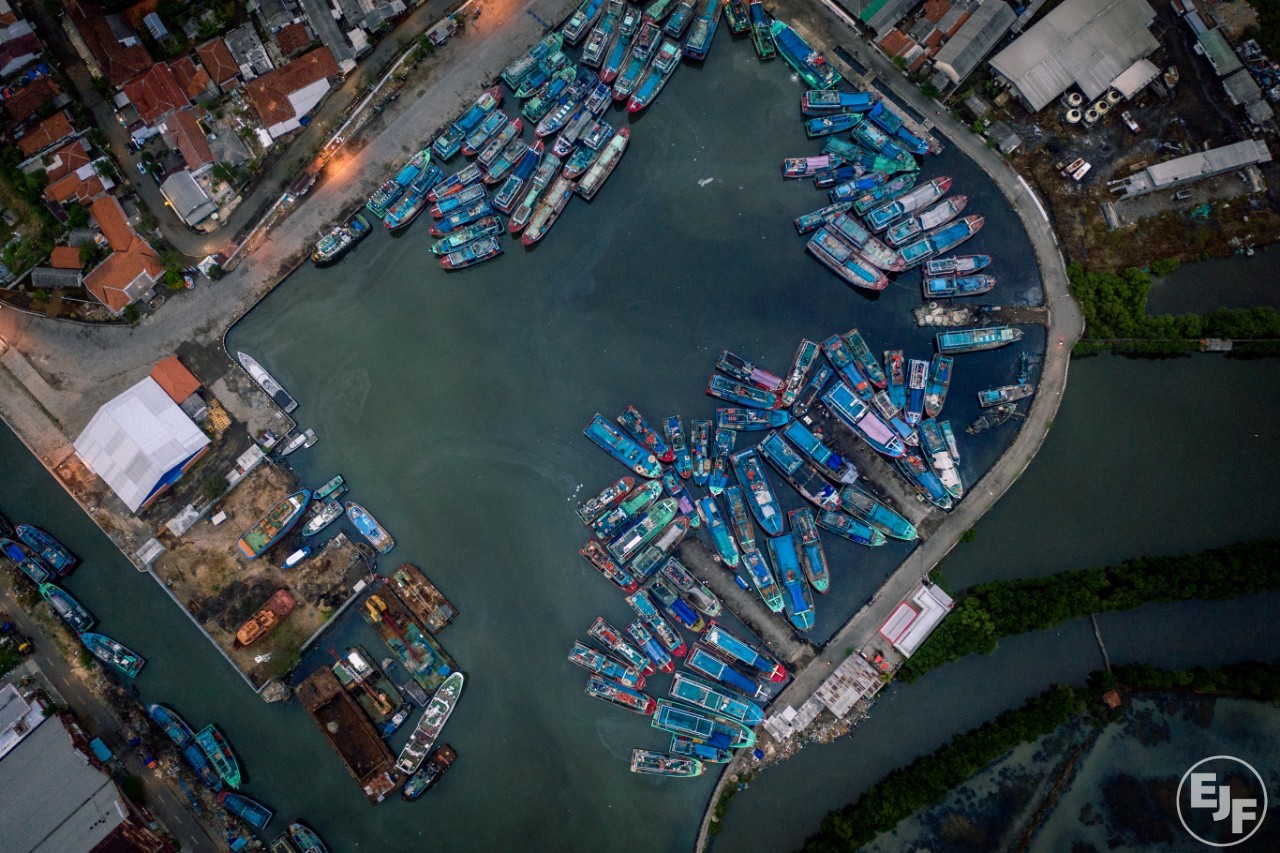
Progress must be sustained: EU re-issues trade warning for Panama’s illegal fishing
The EU’s decision this month to re-issue a ‘yellow card’ trade warning to Panama over illegal fishing is the right one, says the Environmental Justice Foundation. It is unprecedented, since no country has had a warning re-instated once it has been lifted. This sends an important message to all exporting countries that progress on tackling illegal fishing must continue after the card is lifted, says EJF.
Panama’s original yellow card – a warning that could lead to seafood import bans to the EU – was issued in November 2012 for inadequate monitoring of their fishing fleets or waters, neglecting to impose sanctions on illegal operators, and failing to develop robust fisheries laws.
At the time, then-Commissioner Maria Damanaki was quick to point out that this was not a blacklisting, but a chance to improve and work with the EU. “We want these countries as partners to combat illegal fishing. We want them to improve their legal and control systems as required by international rules.”
In Panama, new legislation was put in place and improvements made to monitoring, control and inspection of fishing activities. In 2014, the warning was rescinded.
This has been true of many other countries around the world. Fiji, Togo, Taiwan and Thailand, along with others, have all have their yellow cards lifted. But the pertinent question remained – does progress continue?
The lifting of a yellow card does not mean that illegal fishing has been totally eradicated in a country’s waters or within its fleet. It means that the state is showing serious, sincere efforts to deal with the problem – there may still be many issues to deal with.
For instance, EJF has worked in Thailand since 2015, and welcomed the lifting of the country’s yellow card earlier this year. Substantial improvements in monitoring, surveillance, and enforcement had been made. But the NGO also warned that shortcomings remained. Vessel inspections still vary in quality, and a time-bound vessel decommissioning programme is needed to deal with over-capacity.
Executive Director of EJF Steve Trent says:
“Sustained commitment to progress is needed from all countries if we are to succeed in ending illegal fishing. In setting the precedent for ‘re-carding’, the EU has shown that it recognises this, and is prepared to put in the time and hard work. Once again, the EU is leading the world in this commitment. The EU carding system, part of the IUU fishing Regulation, has been second-to-none in achieving reform of the world’s fisheries and protection of the oceans. This action by the European Commission is active demonstration of their outstanding global leadership in combatting illegal fishing. Now we need to see Panama fulfil its responsibilities and take firm action to stop these pirate fishing operations.”
SIGN UP FOR OUR EMAILS AND STAY UP TO DATE WITH EJF

